November is National Diabetes Month and communities across the country are teaming up to remind us to take extra care of kids who have diabetes. It's vital that you help your child or teen develop a plan to manage their disease and work with health care providers to adjust their plan as needed.
The Centers for Disease Control and Prevention National Diabetes Statistics Report, 2020 confirms that 34.2 million Americans (just over 1 in 10) have diabetes — and approximately 193,000 of those people are younger than age 20. Diabetes is one of the most common chronic conditions in school-age youth.
Type 1, or juvenile, diabetes is a chronic condition in which the pancreas produces little or no insulin. It typically appears in adolescence. Symptoms include increased thirst, frequent urination, hunger, fatigue, and blurred vision.
Type 2 diabetes is a chronic condition that affects the way the body metabolizes sugar (glucose), which is an important source of fuel for the body. With type 2 diabetes, the body either resists the effects of insulin (a hormone that regulates the movement of sugar into the cells) or doesn't produce enough insulin to maintain normal glucose levels. According to Mayo Clinic, type 2 diabetes used to be known as adult-onset diabetes, but today more children are being diagnosed with the disease, probably due to the rise in childhood obesity.
Dehydration and diabetes go hand in hand
Weight-loss, eating well, getting exercise and drinking plenty of water are important to help manage this disease. Healthline confirms that water is the single best drink for people with diabetes. Unsweetened tea or coffee, vegetable juice or V8, and unsweetened sports drinks or soda are also acceptable, but water is optimal: it won't raise blood sugar levels, which can lead to dehydration. Plus, drinking enough water helps the body eliminate excess glucose through urine.
Onduo & HidrateSpark partner in the fight against diabetes
HidrateSpark has partnered with Onduo, a virtual care program that provides diabetes tools, coaching and clinical support to help promote positive behavior for patients with diabetes so they can develop healthy changes to their daily lives, including monitoring their hydration.
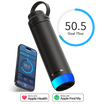
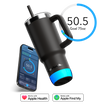
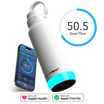



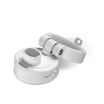



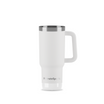




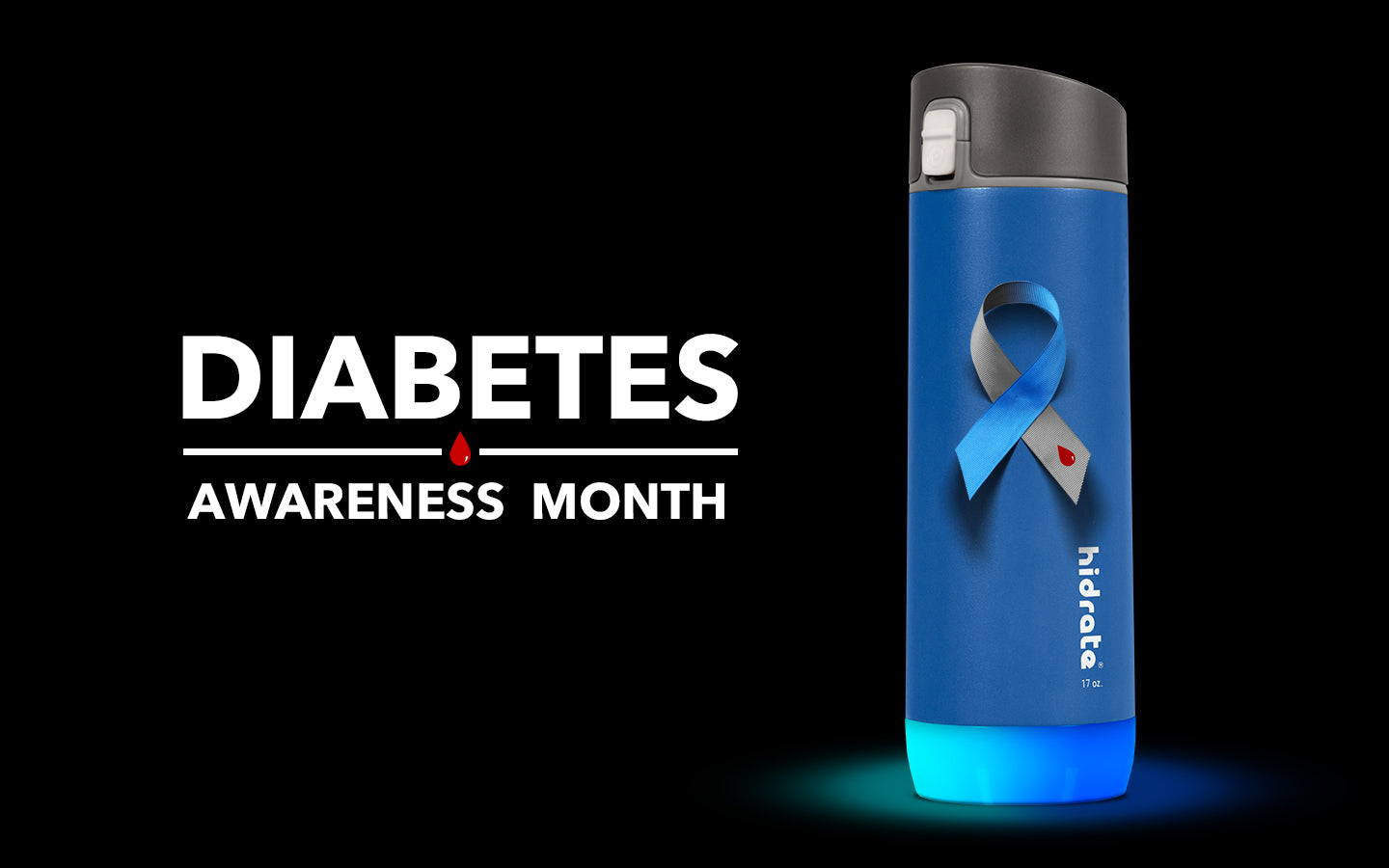


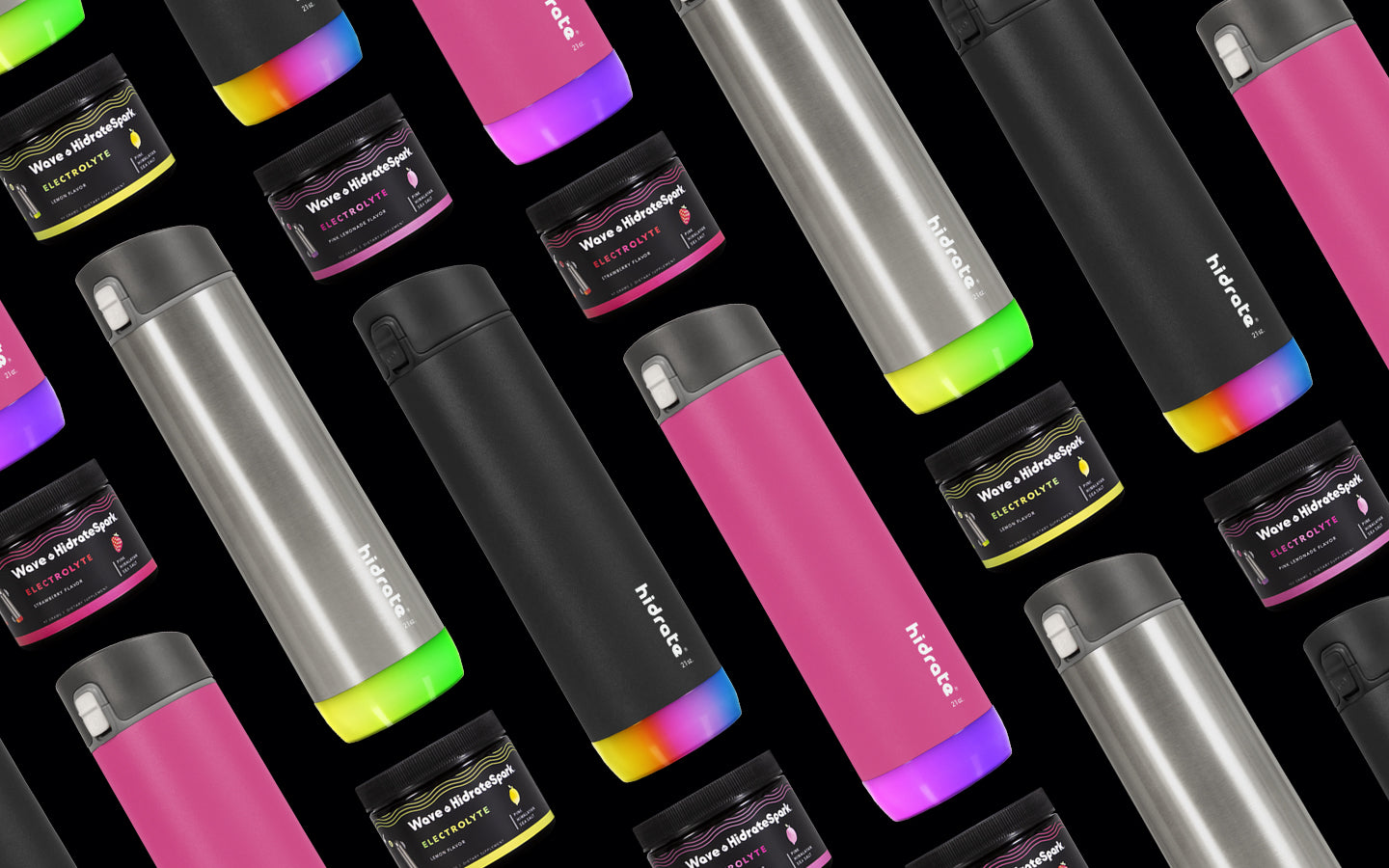
Leave a comment
This site is protected by hCaptcha and the hCaptcha Privacy Policy and Terms of Service apply.